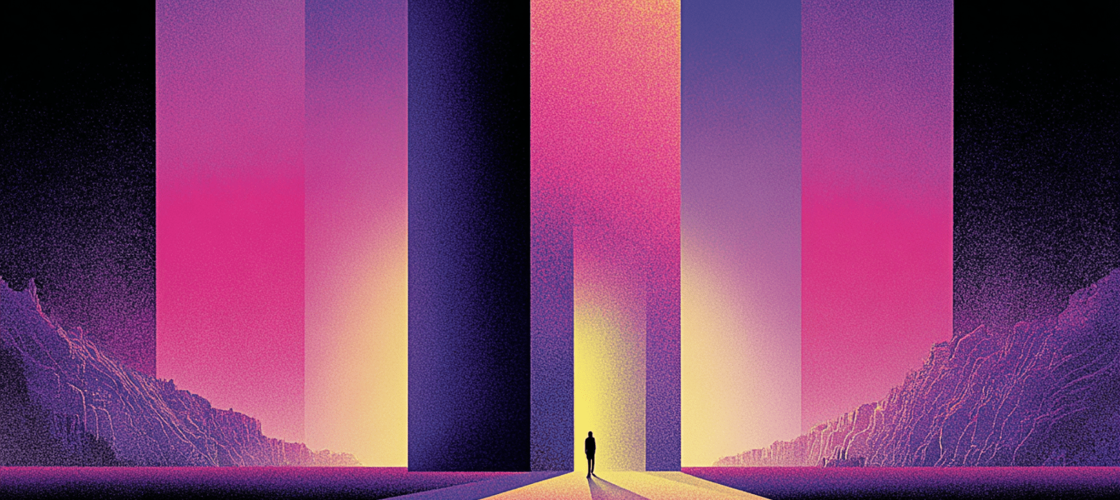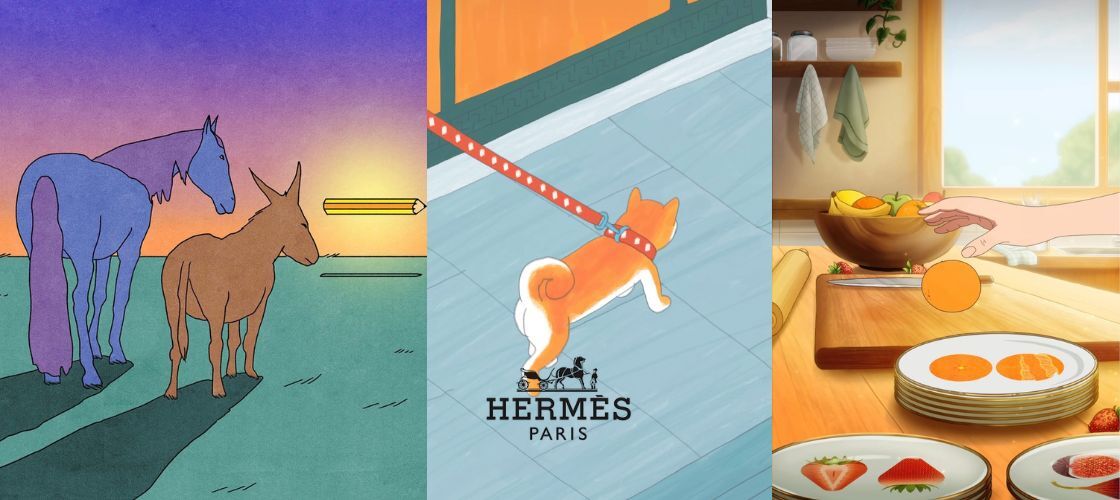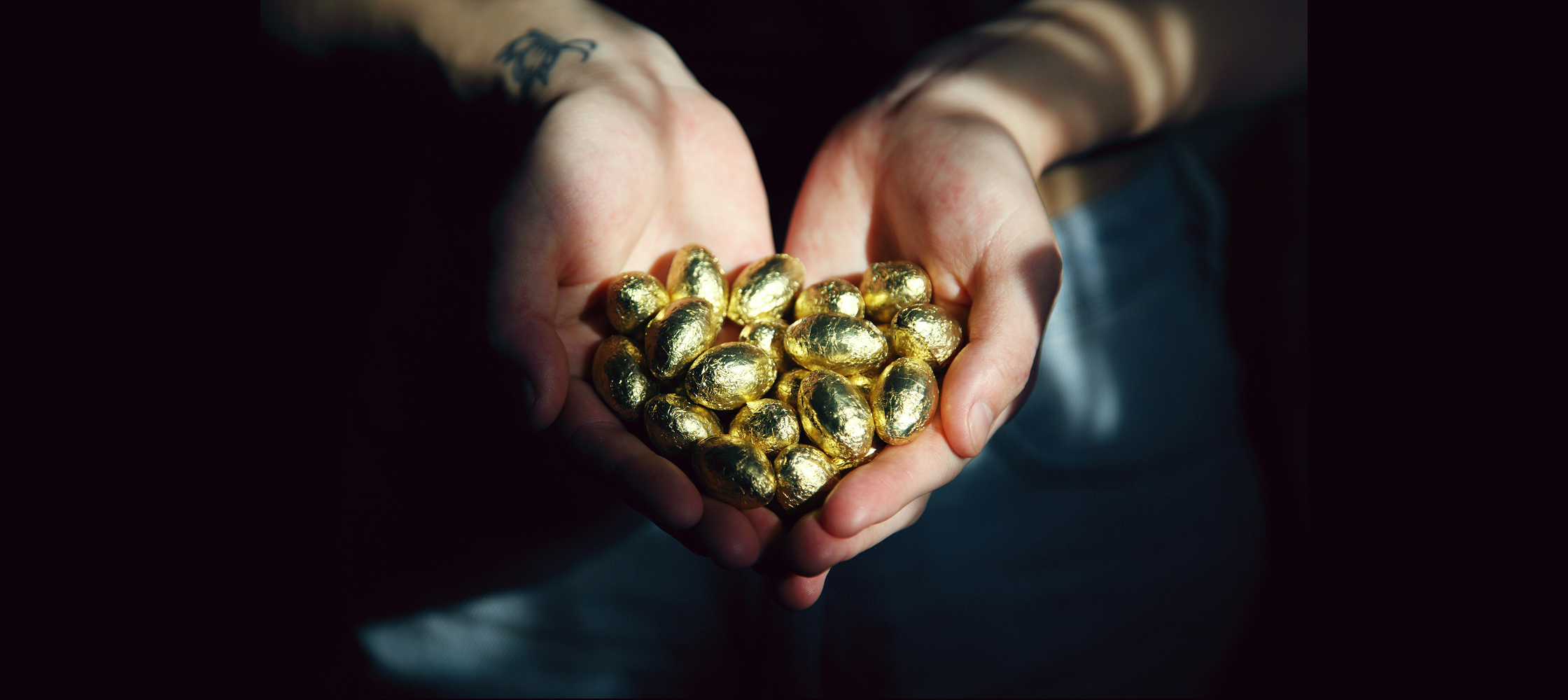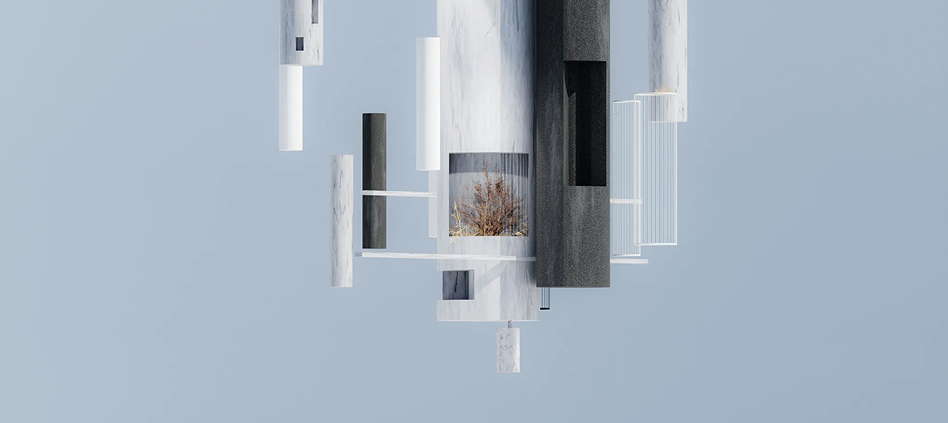
For the last decade, the marketing mandate has been simple: Speed. Identify the trend, mimic the trend, monetize the trend. But the machinery of cool has broken down. The trend cycle, which once moved on a breathable 20-year loop, has collapsed into a hyper-accelerated blur of micro-aesthetics that rise and die in weeks. It is time to stop chasing. It is time to build Cultural Antibodies.

Hermès commissioned nearly 80 creatives - illustrators, animators, artists, to generate social-content aligned with “Drawn to Craft.” That means instead of traditional product shots or celebrity ads, you get a mosaic of artistic interpretations keyed to craft, heritage and creative vision.

For decades, price was mistaken for proof. Luxury houses sold status. Tech brands sold aspiration. And for a while, the market played along. But that equation is breaking. The Value Code is a three-part series unpacking how value is being rewritten across culture, commerce, and design. It looks at why expensive no longer equals valuable, and how brands must now earn their place through meaning, craft, and cultural resonance.

We’re drowning in “perfect.” Endless feeds. Infinite updates. Digital that never stops. No wonder analog feels like luxury now. Film rolls, cloth-bound books, messy handwriting, even pop-ups you can touch and smell. It’s not about nostalgia. It’s about patience, scarcity, and the kind of imperfection that feels real. Analog isn’t the past. It might just be the new code for premium.

Notion isn’t just a tool. It’s a texture. A mood. A modern-day studio in grayscale. You don’t just use it, you move into it. As someone who builds for founders and creatives, I’m constantly drawn to digital products that carry a certain emotional weight. That feeling when the interface melts away, and what you’re left with is clarity, control, and space to think. Notion and MyMind represent two entirely different philosophies yet both have become quietly iconic in their own way.

In an era where design is increasingly shaped by algorithmic trends, international platforms, and rapidly shifting consumer tastes, minimalism has emerged as a dominant visual code—marketed as a global aesthetic standard. Its language of clean lines, neutral palettes, and sparse environments is often equated with clarity, modernism, progress, and good taste.

When I started working in the creative business, you didn’t have to look hard to find legends.

Typography is more than just the art of arranging type—it is a reflection of human history, cultural transformations, and technological innovation.

In an era where technology continues to blur the boundaries between human ingenuity and machine intelligence, we find ourselves asking: what does the future of creativity hold when AI becomes a co-creator? In

Starting a business is often painted as a thrilling journey filled with passion and innovation. But behind the entrepreneurial glamor lies a more complex reality—one that demands a deeper reflection on personal growth, challenges, and choices.

The world of Generative AI is at an inflection point, where the potential to revolutionize industries clashes with the realities of scaling complex technologies.

In 2024, design wasn’t just about looking good—it was about keeping up with what people cared about, how tech advanced, and where culture headed.

We’ve all heard about great pitches, elevator pitches, and the magical formula for a perfect pitch. The reality is, pitching has become one of those over-talked, under-appreciated arts.

India is sitting on a creative goldmine—centuries-old craftsmanship, textiles packed with stories, and art passed through generations.

In one word, Jaguar’s rebrand is brutal. It’s a classic case of a bold move backfiring—widely mocked and alienating a loyal customer base.

We live in a world that often glorifies the grind. You’ve probably heard it: “Work harder, push more, don’t stop until you’re at the top.”

Globalization isn't just about expanding a business into new markets or setting up shop across borders—it's about understanding what makes us, as humans, and as cultures, unique.

In tech and creative spaces, we often hear failure talked about like it’s a badge of honor—something you collect on the road to success.

In 2018, a groundbreaking study from MIT Media Lab exposed severe biases in commercial facial recognition systems.
Drop us a note and we’ll
schedule a free consultation.